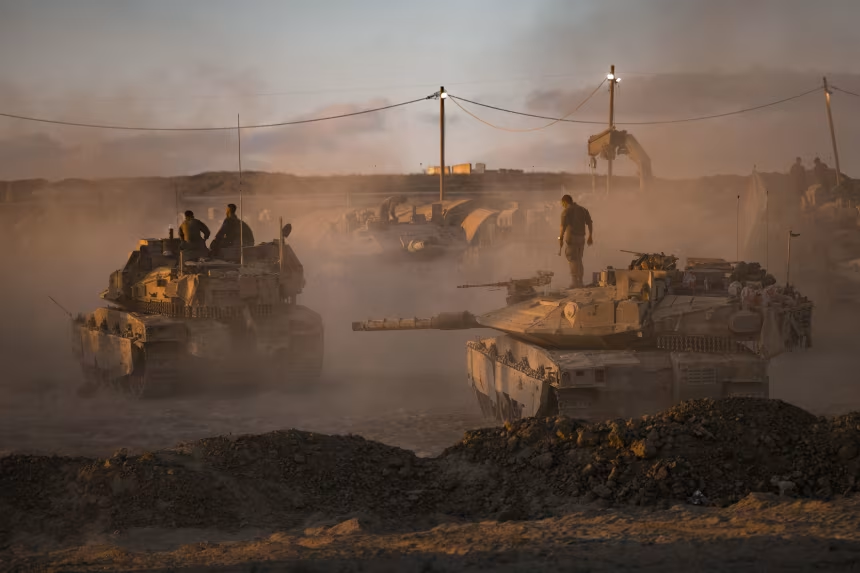Israel is preparing for what could become the largest military operation in Gaza since the conflict began, with officials confirming the mobilization of around 60,000 reservists. The move comes as part of a broader plan approved by the defense ministry to encircle and intensify operations in Gaza City, a stronghold where Palestinian fighters have maintained resistance despite months of bombardment and ground incursions.
The buildup is being described by Israeli media as part of “Gideon’s Chariots B,” a new phase in the campaign designed to apply overwhelming manpower and firepower in the dense urban areas of Gaza. Alongside the reservist call up, the military has also extended the service of about 20,000 active duty soldiers, underlining the scale of the preparations.
Government officials argue that the operation is necessary to dismantle militant networks and bring an end to the rocket fire and cross border attacks that have plagued Israeli communities. Yet the decision is drawing sharp international scrutiny. Humanitarian organizations warn that a siege of Gaza City could deepen the already dire crisis, with more than a million civilians trapped in an area suffering from shortages of water, electricity, and medical supplies.
Diplomatic efforts to negotiate a ceasefire have so far made little progress. Regional mediators have urged restraint, but Israeli leaders insist that military action is the only way to ensure long term security. The Gaza offensive also comes at a politically sensitive moment for Prime Minister Netanyahu, who faces pressure at home to deliver a decisive victory after months of inconclusive fighting.
For residents of Gaza, the looming offensive represents another escalation in a war that has devastated infrastructure and displaced hundreds of thousands. Aid agencies warn that without urgent humanitarian corridors, the cost in civilian lives could be catastrophic. Still, Israeli commanders believe that the sheer scale of the mobilization could tilt the balance on the battlefield.
As the situation unfolds, the world is watching closely. Whether this new offensive forces a breakthrough or fuels an even deeper crisis remains uncertain. What is clear is that the coming weeks will be pivotal not only for Gaza and Israel but for the wider stability of the Middle East.


